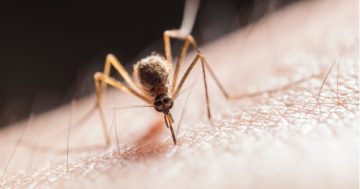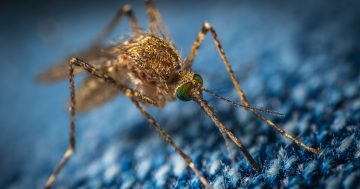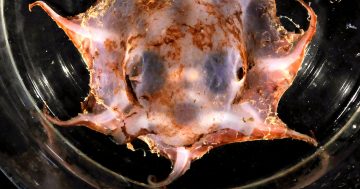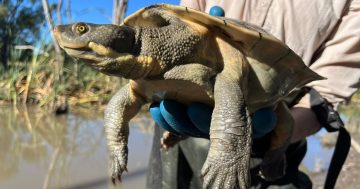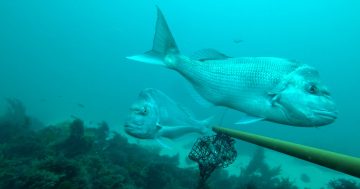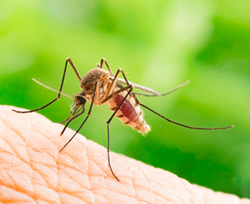 The Commonwealth Scientific and Industrial Research Organisation (CSIRO) has brought in its resident mosquito expert to explain what a wet summer could mean for mosquito numbers and to offer advice on how to manage them.
The Commonwealth Scientific and Industrial Research Organisation (CSIRO) has brought in its resident mosquito expert to explain what a wet summer could mean for mosquito numbers and to offer advice on how to manage them.
Research Scientist at the CSIRO, Brendan Trewin said there were 300 mosquito species in Australia, some of which flourished in flood waters, “so it’s quite possible we could see large mosquito numbers this season”.
Dr Trewin said La Niña conditions increased the risk of mosquito bites and sometimes the spread of diseases like Ross River fever and Murray Valley encephalitis.
“In Australia, climate change is making areas like Sydney and Melbourne more receptive to invasive mosquito species and therefore the diseases they spread,” he said.
“Rainwater tanks have been installed throughout Australian cities in response to drought and water shortages, and these invasive mosquito species thrive in water tanks.
“If you have a water tank, it’s important to make sure it doesn’t turn into an accidental breeding ground for mozzies.”
Dr Trewin said CSIRO research found that 70 per cent of mosquito larvae survived to adulthood during winter in water tanks.
He said people with water tanks should check there were sieves at the entrance and overflow with no gaps; clean sieves regularly; look for cracks in plastic or holes rusted in metal tanks; make sure the sieves were not rusting and there were no holes; keep gutters clean as mosquitos fed on broken down leaves; and check that first flush devices were draining fully.
Dr Trewin said peak mosquito biting hours were around dawn and dusk, and during these times people should apply topical repellents like the CSIRO-invented Aerogard to stop mosquito bites.
“One of the most effective ways to prevent unwanted mosquito bites and annoying mosquitoes is to use fly screens on windows and doors,” he said.
“One of our favourites is the good old pedestal fan – using one of these at night ensures airflows that mosquitoes are unable to fly through.”
Dr Trewin said that while there was inconclusive evidence that mosquitoes found some people’s blood ‘sweeter’ than others, it had been confirmed that the smell of certain people’s skin was more attractive than others.
He said this was likely due to a combination of blood, metabolic by-products and bacteria on the surface of the skin.
“For instance, there are certain species of mosquitoes that love the smell of the bacteria in stinky socks,” he said.
“This includes the dengue fever mosquito, which loves biting humans on their ankles,” Dr Trewin said.


